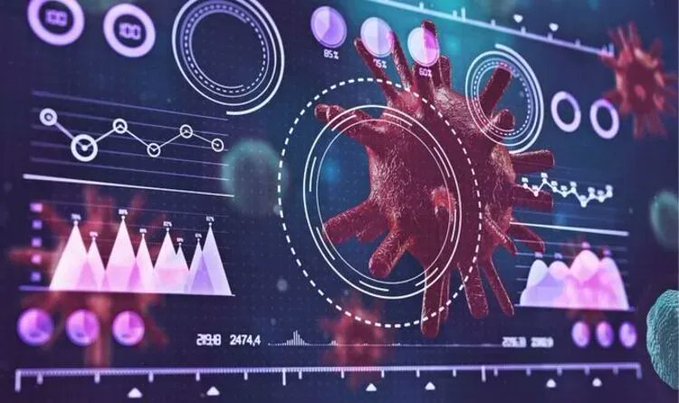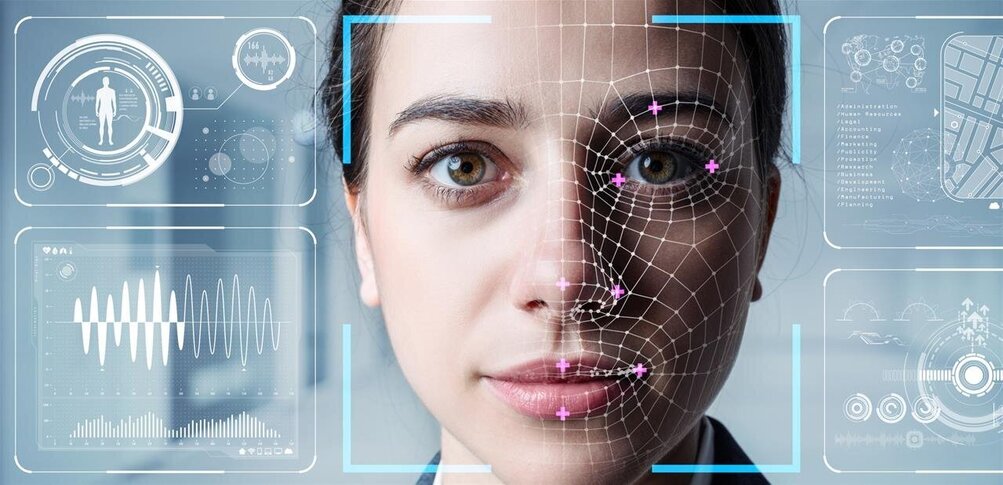AN ARTIFICIAL intelligence system will be able to classify emerging coronavirus variants – such as, for example, Deltacron – and « predict » their transmissibility and virulence, according to the authors of a new study.
All viruses — including SARS-CoV-2, the virus responsible for the ongoing global coronavirus pandemic — change their genetic code, or mutate, slowly over time. While many of these changes have no noticeable effect on the virus’ properties, some can lead to variants that are more transmissible or lead to more severe diseases. For this reason, the World Health Organization (WHO) and its associates work to monitor the evolution of SARS-CoV-2 — and flagging so-called variants of interest and of concern.
Variants of interest — like Eta, Iota and Kappa — are those that have evolved to sport-specific genetic markers that are predicted to affect the viral transmission, diagnostics, therapeutics or immune escape.
In contrast, variants of concern are those that have also demonstrated such an increase in transmissibility, more severe disease presentation, or a reduction in the effectiveness of public health measures against them.
To date, the five coronavirus variants to be classified as being “of concern” have been Alpha, Beta, Gamma, Delta and Omicron.
Mots-clés : cybersécurité, sécurité informatique, protection des données, menaces cybernétiques, veille cyber, analyse de vulnérabilités, sécurité des réseaux, cyberattaques, conformité RGPD, NIS2, DORA, PCIDSS, DEVSECOPS, eSANTE, intelligence artificielle, IA en cybersécurité, apprentissage automatique, deep learning, algorithmes de sécurité, détection des anomalies, systèmes intelligents, automatisation de la sécurité, IA pour la prévention des cyberattaques.






